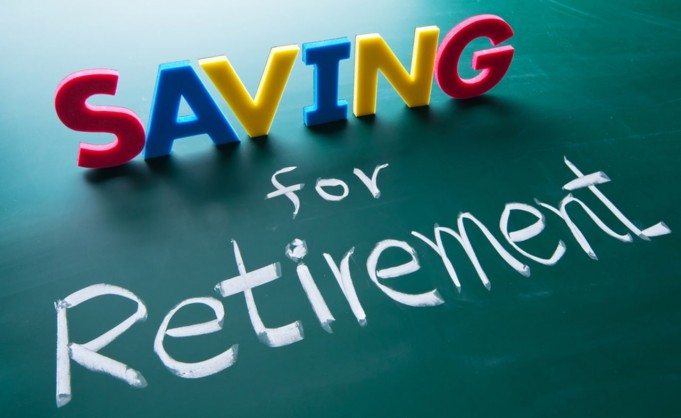Should You Dip Into Retirement Savings?
The current pandemic has caused people to lose their employment. This unexpected loss in income has caused many to tap into their savings. According to a survey by Magnify Money & Lendingtree, three out of ten Americans have tapped into their retirement savings in the last two months. The survey also shows that people mostly spent that money to pay for groceries and housing bills. One of the reasons people are dipping into their retirement savings, is the new provisions of the CARES Act. The CARES Act allows people to access their 401k or IRA during the pandemic without any penalty. The Act covers many people, including those who have become unemployed due to COVID-19. However, financial experts say that early access to your retirement funds is not an ideal option. However, it might be a necessary option if you have been jobless for the last six months and do not have money to fulfill the basic needs of youself & your family.
Let’s discuss the new provisions of The Cares Act are and whether or not you should dip into your retirement savings.
New Law of The CARES Act
The CARES Act is temporarily allowing Americans to dip into their retirement savings funds up to $100,000 without paying a 10% penalty. This new law will help people to pay their bills without hurting their credit score. The new law’s main downside is that you have to pay back the loan within three years. However, the new law increased the maximum loan amount from $50,000 to $100,000 and a percentage from 50% to 100% of 401(K) balance for the next six months. Not only this, but the new legislation also suspends Required Minimum Distributions (RMDs) for the year 2020. Stopping RMDs means that you will not be required to sell after any decline in stocks, market drop, and other investments.
Should you dip into your retirement savings during this pandemic?
It is so easy to dip into your retirement account directly, however it is best that you make it the last option. Before doing this, you should consider an emergency fund and other savings. If you do not have an emergency fund, you should plan to set it up immediately. Early access to your retirement savings can be a bit risky for your retirement savings account’s growth. In the end, you will have to pay taxes on your retirement distributions unless it’s a Roth account. Although the CARES Act allows you to pay your taxes on 401(K) or IRA withdrawals up to three years. If you choose a 401(k) loan, then you will have five years to pay back the principal amount with interest.
Think twice before dipping into your IRA or 401(K) plan unless it is the only option you have.









